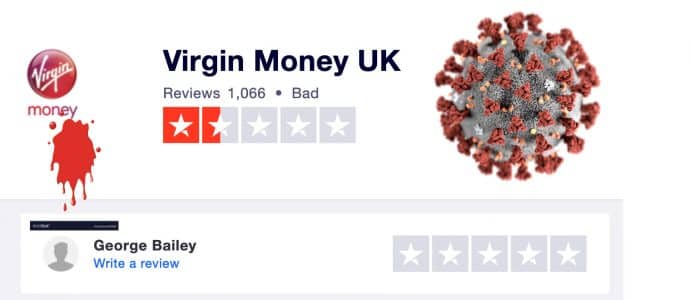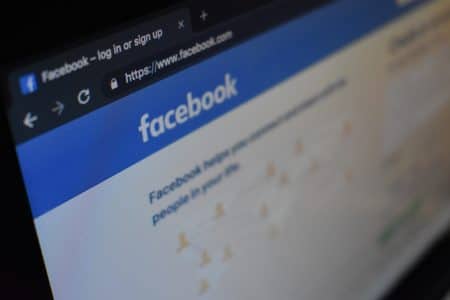Does Instagram's Suicide Prevention Tool Help Depressed Users? - Dispatch Weekly
October 19, 2016 - Reading time: 8 minutes
Last month Instagram introduced a setting that could block specific words from your page and now they are launching another feature that allows you to anonymously report a disturbing post.
Depressed Users will Receive a Private Message

Depressed users will receive a private message, saying:
“Someone saw one of your posts and thinks you might be going through a difficult time. If you need support, we’d like to help.”
The person will be then be given various options such as:
- Access to a helpline
- Talking to a friend
- Tips about support on mental illness
Instagram will take action with those using hashtags such as #SelfHarm.
Social Media Taking Action
Marne Levine, Chief Operating Officer at Instagram, said to Seventeen magazine, “we’re listening to mental health experts when they tell us that outreach from a loved one can make a real difference for those who may be in distress.”
“At the same time, we understand friends and family often want to support but don’t know how best to reach out. These tools are designed to let you know that you are surrounded by a community that cares about you, at a moment when you might most need that reminder.”

Social Media and Depression
Research by the University of Pittsburgh School of Medicine found the more time young people spent on social media, the more depressed they were likely to become.
They also found that some sites caused Internet addiction, which fueled depression.
The director of Pitt’s Center said, “Because social media has become such an integrated component of human interaction, it is important for clinicians interacting with young adults to recognize the balance to be struck in encouraging potential positive use, while redirecting from problematic use.”
Depression will be the Biggest Killer of Teenagers by 2030
The World Health Organization (WHO) published a report that predicted that suicide will be the leading cause of death amongst teenagers by 2030.
Depression is the “predominant illness and disability for both boys and girls aged 10-19 years,” said the report.

Fast Facts about Depression and Mental Illness
According to WHO (2012):
- While depression is the leading cause of disability for both males and females, the burden of depression is 50% higher for females than males (WHO, 2008).
- Unipolar depressive disorders were ranked as the third leading cause of the global burden of disease in 2004 and will move into the first place by 2030.
- Despite the known effectiveness of treatment for depression, the majority of people in need do not receive it. Where data is available, this is globally fewer than 50%, but fewer than 30% for most regions and even less than 10% in some countries.
Social Media, the Internet and Social Isolation
Moby’s new video, “Are You Lost in the World Like Me?” linking social isolation to smartphone addiction, examines alienation living in a dystopian modern world where people are glued to their screens, dismissing real life.
The director, Steve Cutts said, “For me the video is about our increasing dependence on technology and about human interaction today, or a certain lack of it. It focuses on the way tech is changing us- how we have become desensitized.”
The More You Use the Internet, the More Depressed You Feel
Internet addiction and over-sharing on social media links to previous research on loneliness and depression.
Robert Kraut, 1998, a researcher at Carnegie Mellon University, discovered that when more people used the Internet this increased feelings of isolation and depression.
After people went online for the first time, their sense of social connectedness fell as they increasingly used it over the years.
Actions to Increase feelings of Happiness and Connection
- Digital Detox: the National Day of Unplugging is on March 7-8 and encourages Internet users to turn off their devices for 24 hours, connecting to their natural environment.
- FOMO to JOMO: go from the Fear of Missing Out to the Joy of Missing Out
- Plan when and how much you use social media to set limits on yourself. This ensures you are not spending whole evenings surfing the net.
Is social media making us more isolated and depressed and do you think Instagram’s suicide prevention tool is effective enough?

DW Staff
David Lintott is the Editor-in-Chief, leading our team of talented freelance journalists. He specializes in covering culture, sport, and society. Originally from the decaying seaside town of Eastbourne, he attributes his insightful world-weariness to his roots in this unique setting.




